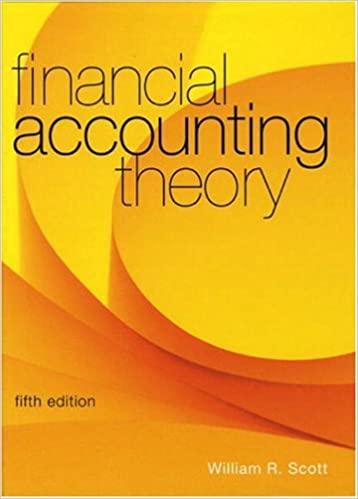An article in The Globe and Mail, February 16, 2002, reported that IBM used the $300 million
Question:
An article in The Globe and Mail, February 16, 2002, reported that IBM used the $300 million proceeds of a sale of one of its business units to reduce operating expenses in its fourth quarter 2001 income statement. This added about 8 cents per share to its fourth quarter earnings. As a result, IBM beat analysts' forecasts by 1 cent per share.
IBM defended its treatment by claiming that buying and selling businesses is a normal business practice, and that most of the sale proceeds related to intellectual property that it had developed. The article quotes a Merrill Lynch analyst as saying, "Our only concern is that the company could have done more to call out the magnitude of the transaction." According to the article, IBM's share price fell by 4% as a result of this news While not mentioned in this article, the SEC opened a preliminary inquiry into IBM's accounting practice, expressing concerns that IBM had let it be known that the reason for its higher operating earnings was tight cost controls, rather than the sale proceeds. This inquiry was subsequently dropped, but the SEC issued a bulletin reminding firms to report gains or losses on asset sales separately from operating costs.
Required
a. Suppose that IBM was subject to the provisions of Section 3480 of the CICA Handbook (actually, a similar standard exists in the United States). Was its treatment of the sale of its business unit consistent with the definition of an extraordinary item under Section 34807 Explain why or why not.
b. Explain why IBM's share price dropped following the Merrill Lynch analyst's comment and the news of the SEC's preliminary inquiry.
Step by Step Answer:






